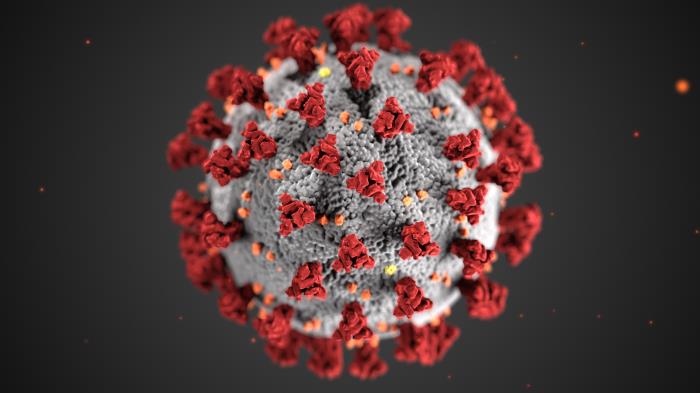Geneva/New York, August 12 – The World Health Organization is calling on governments to stop politicizing the issue regarding Covid-19 virus’ origins and provide “all data” to a scientific panel to study the virus and address the controversial “lab hypothesis.”
WHO said it is imperative to continue the study of the origins of Covid-19 virus following the first mission in China, which was carried out by a joint team of WHO and Chinese scientists in early 2021 and ended in March with a publication on the team’s work. But the publication provided no conclusive finding on the SARS-Cov-2 virus’ origins and some scientists had suggested that the virus may have originated from animals and transmitted to humans.
WHO has since then established an International Scientific Advisory Group for Origins of Novel Pathogens, or SAGO, which is tasked with advising the health organization on the development of a global framework to study the emergence of future emerging pathogens with pandemic potential.
“To move forward, WHO calls for all governments to depoliticize the situation and cooperate to accelerate the origins studies, and importantly to work together to develop a common framework for future emerging pathogens of pandemic potential,” WHO said in a statement.
“WHO reiterates that the search for the origins of SARS-CoV-2 is not and should not be an exercise in attributing blame, finger-pointing or political point-scoring. It is vitally important to know how the COVID-19 pandemic began, to set an example for establishing the origins of all future animal-human spillover events. “
The statement said SAGO is “transparent foundation” and it expects governments will engage with SAGO. WHO said it hoped for continuity from previous missions to China for SARS-Cov-2 the same way it carried out missions to study the origins of avian influenza and Ebola in other countries.
“China and a number of other Member States have written to WHO regarding the basis for further studies of the SARS-CoV-2 “lab hypothesis,” the statement said. ”They have also suggested the origins study has been politicized, or that WHO has acted due to political pressure.”
“On review of the phase one study report, WHO determined that there was insufficient scientific evidence to rule any of the hypotheses out. Specifically, in order to address the “lab hypothesis,” it is important to have access to all data and consider scientific best practice and look at the mechanisms WHO already has in place. WHO is only focused on science, providing solutions and building solidarity.”
Zeng Yixin, vice premier of China’s National Health Commission, said on July 22 this year that his government rejected WHO’s proposal for a second phase of the studies into the virus’ origins after WHO chief Tedros Adhanom Ghebreyesus presented to the governments a plan for further study that includes searches of laboratories and markets in the Chinese city of Wuhan where the first Covid cases were found.
Beijing has rejected claims that the virus originated from a laboratory in Wuhan.
WHO said it has been working with governments that are WHO members since the start of the Covid-19 pandemic to understand how the pandemic began so it can better prepare for the next one.
The statement said governments have a “collective responsibility to work together in the true spirit of partnership and to ensure scientists and experts have the space they need to find the origins of the worst pandemic in a century.” It said access to raw data is critical for scientists and it should “not be politicized in any way.”
United Nations correspondent journalists – United Nations correspondent journalists – United Nations correspondent journalists
United Nations journalism articles – United Nations journalism articles – United Nations journalism articles

